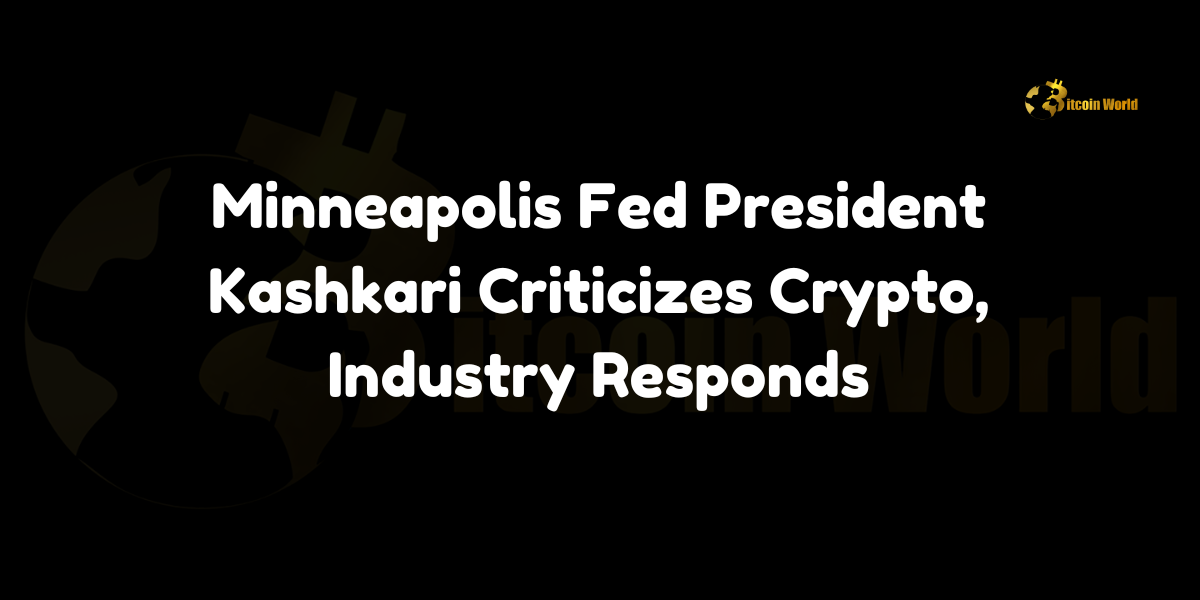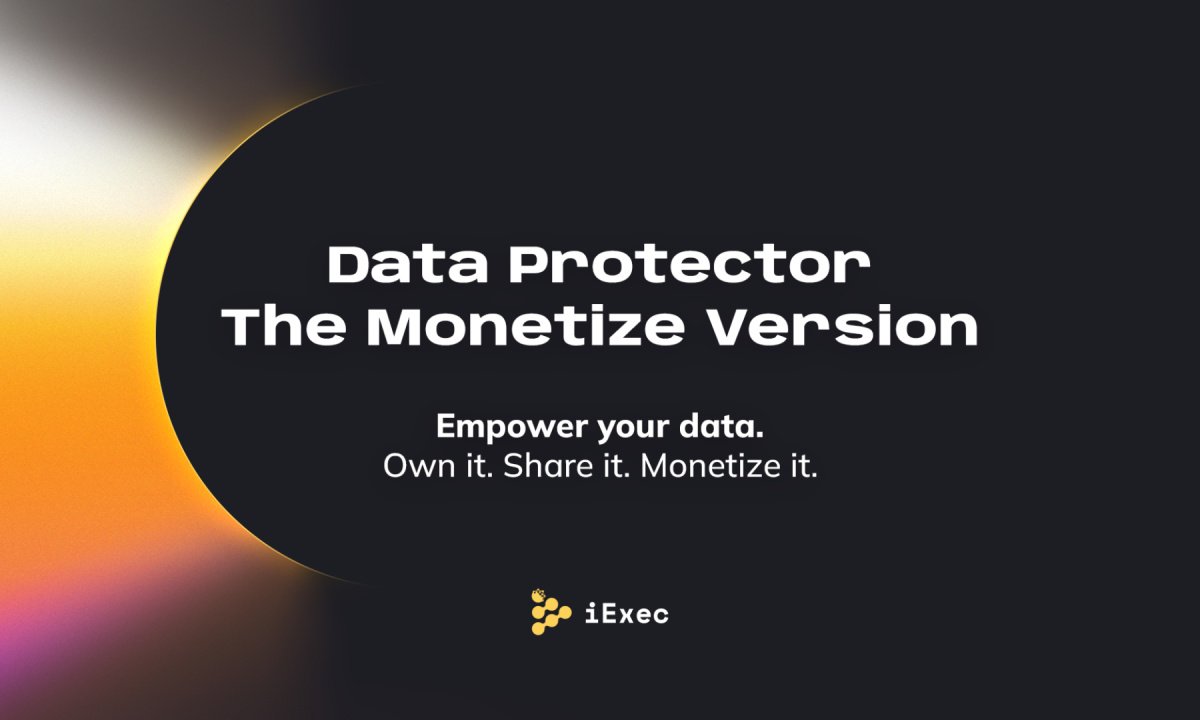Minneapolis Fed President Kashkari Criticizes Crypto, Industry Responds
In a recent town hall meeting, Minneapolis Fed President Neel Kashkari expressed strong skepticism towards cryptocurrencies, characterizing them primarily as tools for illegal activities. His remarks have ignited a heated debate within the cryptocurrency community, prompting swift responses from prominent industry figures like Nic Carter and Caitlin Long, who defend the sector’s integrity and its ongoing efforts to combat money laundering. Despite Kashkari’s criticisms, the cryptocurrency market continues to witness significant institutional adoption, buoyed by the recent approval of Bitcoin and Ether Exchange-Traded Funds (ETFs).
Introduction to Neel Kashkari’s Criticism
During the town hall, Neel Kashkari stated, “Cryptocurrency is mainly used for illegal activities, and there are very few legitimate transactions occurring with crypto.” These comments reflect a longstanding tension between traditional financial institutions and the burgeoning crypto sector, where regulators often express concerns about the potential misuse of digital assets.
Background on Neel Kashkari
Neel Kashkari serves as the President of the Federal Reserve Bank of Minneapolis, a role that places him at the forefront of U.S. monetary policy and financial regulation. Known for his outspoken views on economic issues, Kashkari has been a vocal critic of cryptocurrencies, citing their volatility and association with illicit activities as primary concerns.
Industry Response to Kashkari’s Remarks
Kashkari’s statements did not go unnoticed in the crypto community, prompting immediate backlash from influential industry leaders who seek to counteract the negative portrayal of digital assets.
Nic Carter’s Defense of Crypto
Nic Carter, a renowned blockchain analyst and partner at Castle Island Ventures, responded by highlighting the advancements in anti-money laundering (AML) measures within the crypto industry. Carter emphasized that modern crypto exchanges implement stringent AML protocols to monitor and prevent illegal transactions.
“The crypto industry has made significant strides in implementing robust AML frameworks. Labeling crypto as primarily illegal overlooks the legitimate uses and the continuous efforts to enhance regulatory compliance,” Carter asserted.
Caitlin Long Advocates for Regulatory Collaboration
Caitlin Long, CEO of Avanti Financial Group and a prominent advocate for blockchain technology, also weighed in on the controversy. Long stressed the importance of collaboration between regulators and the crypto industry to foster a safer and more transparent financial ecosystem.
“We need a balanced approach where regulators understand the technology and work with the industry to mitigate risks without stifling innovation. The majority of crypto transactions are legitimate, and the industry is committed to upholding the highest standards of compliance,” Long stated.
Institutional Adoption Amid Regulatory Skepticism
Despite the criticisms from regulators like Kashkari, the cryptocurrency sector continues to attract substantial institutional investment. The recent approval of Bitcoin and Ether ETFs has played a pivotal role in this trend, providing traditional investors with regulated avenues to gain exposure to digital assets.
Surge in Bitcoin and Ether ETFs
The approval of Bitcoin and Ether ETFs by major financial authorities has lowered the barriers for institutional investors, offering a more secure and regulated investment vehicle. This development has led to a surge in institutional inflows, further legitimizing cryptocurrencies as a mainstream asset class.
Benefits of Institutional Involvement
Institutional investment brings several advantages to the cryptocurrency market, including increased liquidity, enhanced market stability, and greater investor confidence. These factors contribute to the overall growth and maturation of the crypto ecosystem.
“Institutional adoption is crucial for the sustainability of the crypto market. It brings in not only capital but also expertise and credibility, which are essential for the long-term success of digital assets,” noted Mark Thompson, a financial strategist at DeFi Capital.
Implications for the Cryptocurrency Market
Kashkari’s criticisms and the subsequent industry responses highlight the ongoing debate about the role and legitimacy of cryptocurrencies in the global financial system. This dynamic has several implications for the market’s future trajectory.
Regulatory Scrutiny and Market Dynamics
Increased regulatory scrutiny can lead to more stringent compliance requirements for crypto exchanges and service providers. While this may impose additional operational burdens, it also fosters a more secure and trustworthy environment for investors.
Balancing Innovation with Security
The challenge for the crypto industry lies in balancing rapid innovation with robust security measures. As the sector evolves, maintaining this balance will be crucial in addressing regulatory concerns and sustaining investor trust.
Long-Term Market Growth
Despite regulatory skepticism, the consistent institutional adoption suggests a positive outlook for the cryptocurrency market. Continued advancements in blockchain technology and the integration of crypto into traditional financial systems are likely to drive further growth and acceptance.
Expert Opinions
Dr. Emily Carter, Blockchain Security Analyst
“Regulatory concerns are valid, but they should not overshadow the legitimate uses and innovations within the crypto space. The industry’s proactive approach to AML and security demonstrates its commitment to addressing these challenges.”
Mark Thompson, Financial Strategist
“Institutional investment in crypto ETFs is a testament to the asset class’s growing legitimacy. While regulatory hurdles exist, the long-term prospects for cryptocurrencies remain strong, driven by increasing adoption and technological advancements.”
Sarah Lee, DeFi Researcher
“Collaboration between regulators and the crypto industry is essential for creating a balanced and secure financial ecosystem. Constructive dialogue can help mitigate risks while promoting innovation and growth in the decentralized finance sector.”
Future Outlook
Enhanced Regulatory Frameworks
Moving forward, the development of clear and comprehensive regulatory frameworks will be essential in addressing the concerns raised by regulators like Kashkari. These frameworks should aim to protect investors without hindering technological progress.
Continued Institutional Engagement
As more financial institutions enter the crypto market, their involvement will likely drive further maturation and stability. This trend will contribute to the mainstream acceptance of digital assets and their integration into global financial systems.
Advancements in Blockchain Technology
Ongoing advancements in blockchain technology, including improvements in scalability, security, and interoperability, will play a critical role in addressing the challenges faced by the crypto industry. These innovations will enhance the usability and reliability of cryptocurrencies, making them more attractive to a broader range of investors.
Conclusion
The criticism of cryptocurrencies by Neel Kashkari highlights the persistent challenges faced by the crypto industry in gaining regulatory acceptance and investor trust. However, the robust responses from industry leaders like Nic Carter and Caitlin Long demonstrate the sector’s commitment to transparency, compliance, and innovation. Coupled with the surge in institutional adoption through Bitcoin and Ether ETFs, the cryptocurrency market continues to show resilience and growth potential.
As the dialogue between regulators and the crypto community evolves, fostering a collaborative and informed approach will be key to unlocking the full potential of digital assets. Investors and stakeholders should stay informed about regulatory developments and industry advancements to navigate the dynamic landscape of cryptocurrencies effectively.
To stay updated on the latest developments in cryptocurrency regulations and market trends, explore our article on latest news, where we cover significant events and their impact on digital assets.





